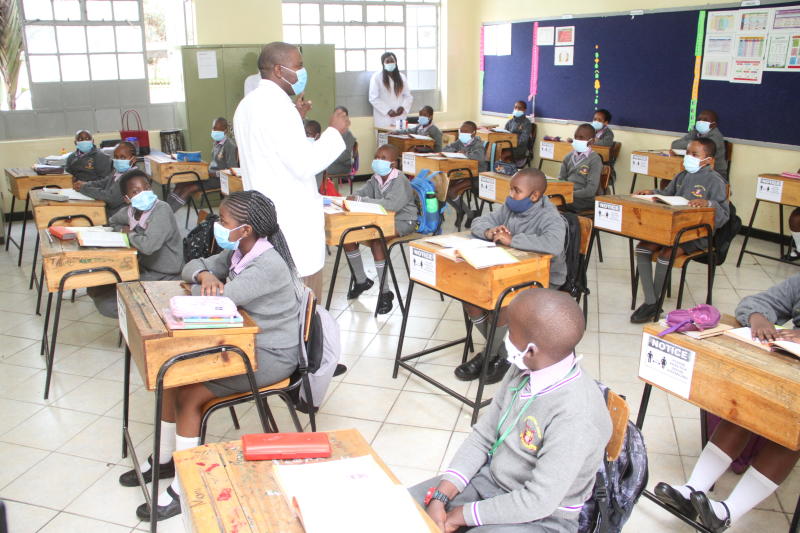
Developing countries in Africa and other parts of the world have for long experienced widespread abuse of human rights. In Kenya, the 1961 Lancaster House Constitution was mutilated to suit vested interests. This act manifested later in undemocratic aberrations such as centralisation of power, lack of public participation, gagging of the press, single-party dictatorship and flagrant abuse of human rights such as indiscriminate detention without trial, and incarceration of government critics.